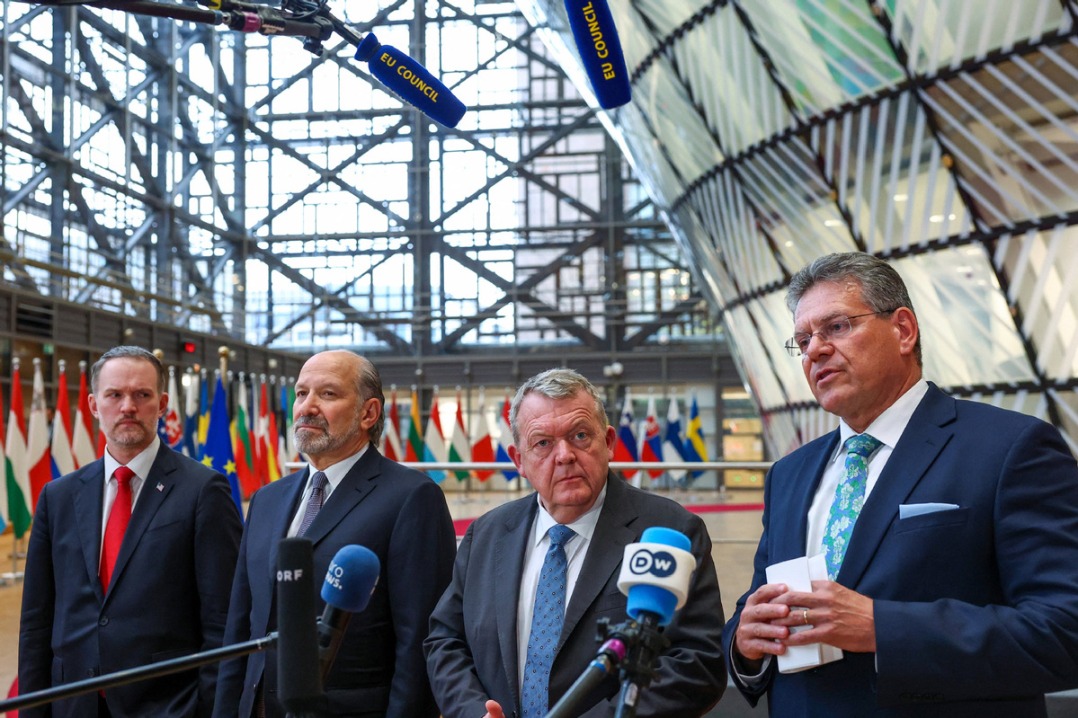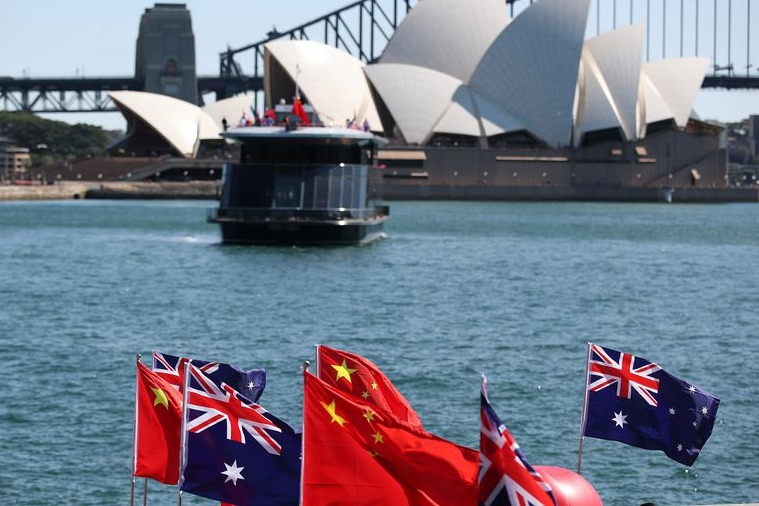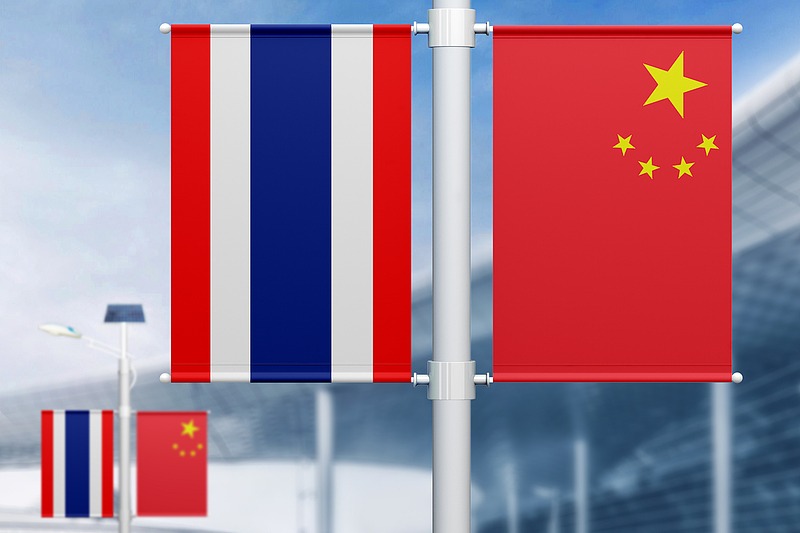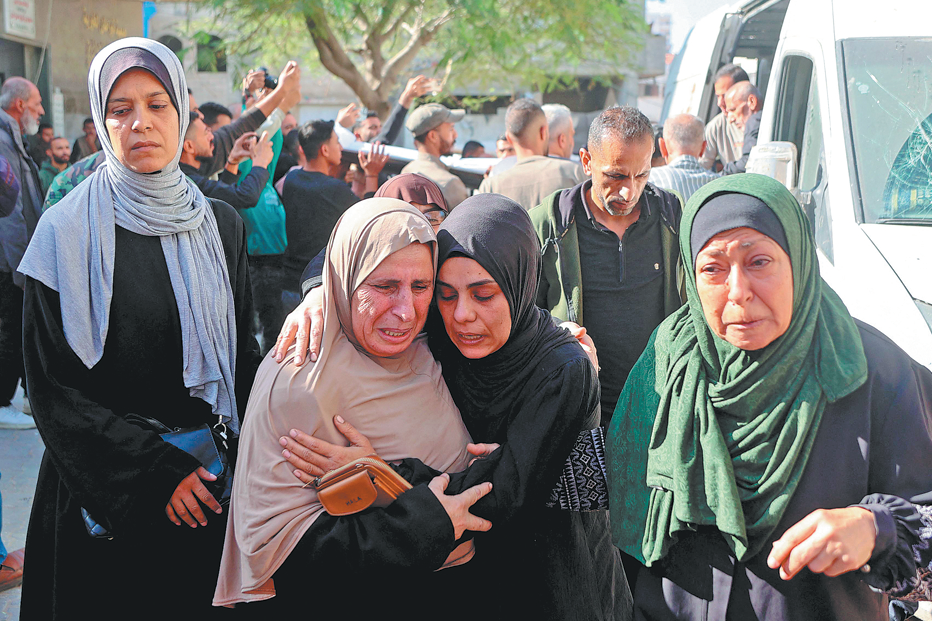Alliance for thalassemia prevention and treatment launched in Thailand


The Southeast Asia Thalassemia Prevention Alliance (SEATPA), a landmark public health cooperation project which has the aim of eliminating preventable cases of the blood disorder in the region, was launched in the northern Thai province of Chiang Mai on Monday.
Initiated by BGI Group, a Chinese life sciences and genomics company, SEATPA's stated mission is to unite countries, relevant experts and communities in intensifying thalassemia prevention and control efforts in Southeast Asia.
Thalassemia, an inherited disorder caused by impaired hemoglobin synthesis leading to accelerated red blood cell destruction, is a significant public health challenge in Southeast Asia with an extremely high incidence rate in the region, according to SEATPA secretary Cao Sujie.
Cao said the alliance aims to build a comprehensive prevention network through a cross-border collaborative mechanism, including capacity building, standardized talent training systems, unifying technical specifications, increasing public awareness, and promoting the sharing of expertise in disease prevention and control.
In a keynote speech at Monday's launch, Thailand's Minister of Public Health Pattana Promphat said the alliance presents an opportunity for countries across Southeast Asia, where thalassemia is most prevalent, to share knowledge, exchange solutions and learn from best practice.
"Together, we can adapt modern medical technologies to fit the unique contexts of our nations and, together, we can build a stronger regional response," he said.
"May this conference be a source of inspiration, collaboration and progress."
Wang Jian, co-founder and chairman of BGI Group, said that, for precision medicine to truly benefit the whole world, it is insufficient to rely solely on technological breakthroughs – meaningful cooperation is required on a global scale.
"Through the Human Genome Project Phase II, BGI Group is committed to applying advanced genomic technologies to the early prediction, prevention and treatment of diseases," Wang said.
"Under the alliance, we will bring precise screening and treatment solutions to more Southeast Asian countries, promoting the transformation of regional medical models from passive treatment to active prevention, truly benefiting local populations."
Vice-president of Chiang Mai University Piriya Cherdsatirakul said the establishment of the alliance represents a "significant milestone" in addressing thalassemia, laying the foundations for improving the quality of life of patients and bringing renewed hope to the region.































